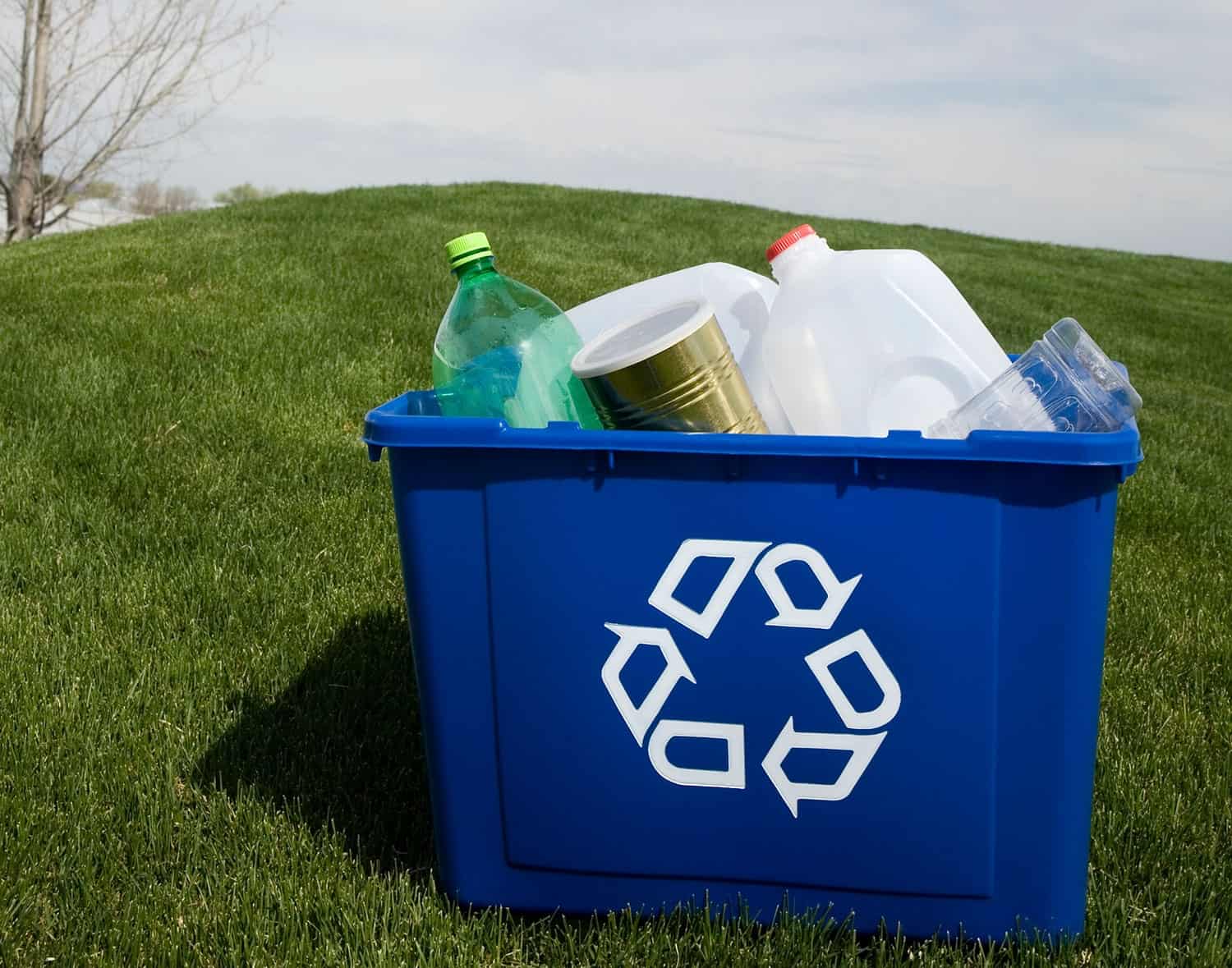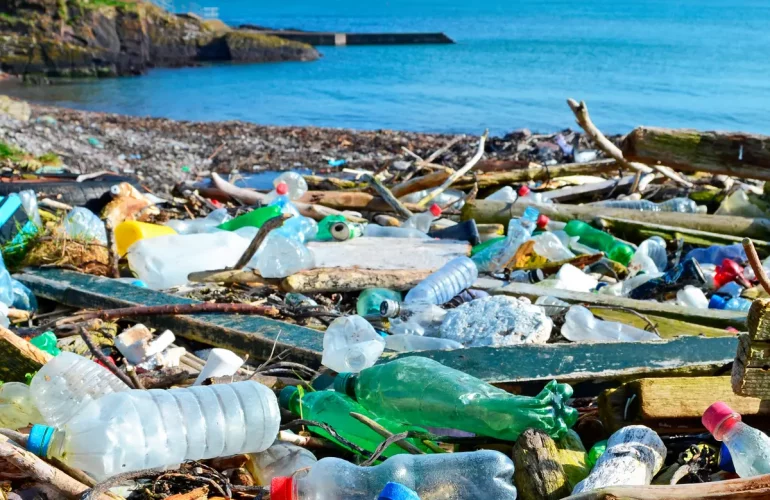Solid waste management is Nairobi’s most visible environmental challenge. Rubbish heaps piled high with paper, plastics and other waste are an everyday feature of the city’s landscape. Dirty, torn plastic bags are seen wedged stubbornly into roadside features such as drainage, pavements and shrubbery in poor and more affluent areas alike.
With a growing population, Nairobi’s annual waste production of 3,121 tonnes is set to more than double by 2030, the year by which Kenya is supposed to be a middle-income country, consuming more and therefore generating more waste.
As it stands, only about 27% of the solid waste generated daily makes it to the Dandora dumpsite, the city’s only official dumpsite, which has been declared a health hazard to the neighboring community. With only 5% of waste recycled, these numbers mean that a staggering 68% of the city’s daily waste is improperly disposed. This would explain the multiple mini-dumpsites found along the city’s roads and in open spaces.
To address the present and future waste management challenge, the former City Council of Nairobi in collaboration with the United Nations Environmental Programme (UNEP), developed the 2010 Nairobi Solid Waste Management Plan. The plan includes decommissioning the Dandora dumpsite and creating a landfill for Nairobi.
But landfills are not environmentally friendly. For example, plastics can take up to 1,000 years to degrade when stuffed into landfills and release toxins as they decompose.
The 2010 Plan recommended that recycling and composting would be realistic, cost-effective complements to a landfill. Much waste could be disposed of this way since 65% of Nairobi’s waste is bio-waste while the next largest group is plastics, which constitute 12% of waste.
Nairobi already has a vibrant recycling economy, albeit at a small-scale level, which could be built up to support the plan’s recommendations.
While many Nairobians understand the long-term ramifications of improper solid waste management to the environment, recycling has not caught on, particularly in middle- and high-income areas where recycled products generate income proportionately too minimal to consider pursuing seriously. These income groups already consume more and, therefore, generate proportionally more waste. Changing behavioral habits of these groups will be instrumental to the success of recycling efforts in Nairobi.
Source; https://www.urbanafrica.net/news/can-recycling-help-nairobi-cut-its-waste/



